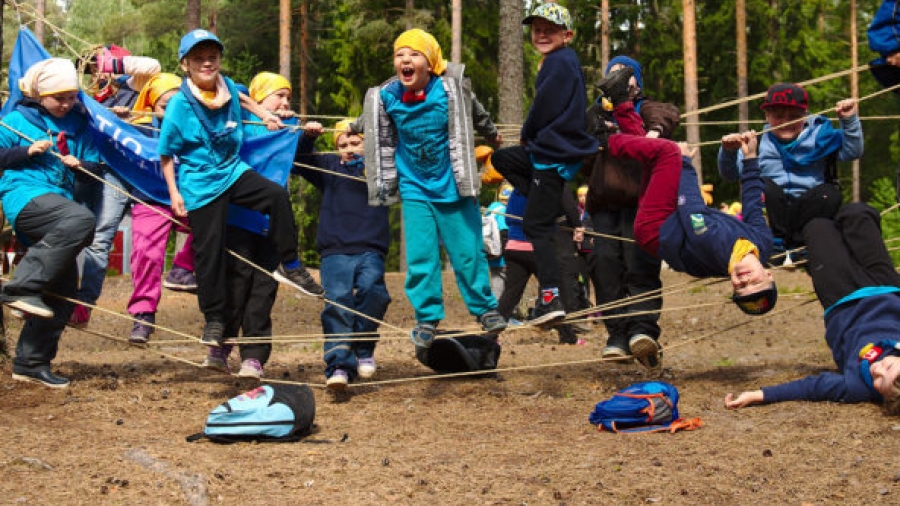BLOG - Reflections on engaging with children & young people about data
Children’s rights need to be at the heart of everything we do that relates to children and young people. The UNCRC (United Nations Convention on the Rights of the Child) is clear that children have a right to information (Article 17) and to have their views considered and taken seriously in matters that affect them (Article 12). So it was with children’s rights in mind that we at SCADR asked Children in Scotland to work with us.
Introduction
At the start of 2022 we asked Children in Scotland to conduct a pilot project to engage children and young people with administrative data, and how we use it. We were delighted that they recruited a group of children to work with, completing the project in April, and working with us to publish the report in June.
The Report
The 'Children and Young People and their Data' report contains a range of recommendations that will help us to promote children’s rights in all of SCADR’s work. As a researcher, it was great to see the methods and approaches that Children in Scotland had used to work with young people, but it was even better to see the depth of engagement of the young people with administrative data. It is clear that young people know about much of the administrative data that is collected in relation to them, and that they recognise the value and importance of using that data in appropriate ways to improve our understanding of children and young people’s lives.
Integrating the recommendations
At SCADR, we are now working to integrate these recommendations into our work. Some of these can be done relatively quickly, for example: Recommendation 3 (to provide a public-facing document about how we uphold children’s rights) is already being developed, while some will be ongoing throughout our work such as Recommendation 7 (to find creative and engaging ways to communicate our findings with children and young people) and finally there will be others that will take a bit longer, for instance Recommendation 8 (building links with national and community organisations to help share findings).
However, what is clear, is that the report has given us easy to understand and actionable guidance on how we can improve what we do.
None of these changes will make us perfect – there will always be room to improve – but we are on a path to articulating and enacting children’s rights in our work, clearly and effectively including children’s perspectives in all of our ongoing work. This will improve our work, and make it more impactful. This will also stimulate others to think about how they can engage more tangibly with children’s rights, ensuring we build a society that respects others rights.
A summary of the report is available here.
This article was published on 22 Aug 2022




